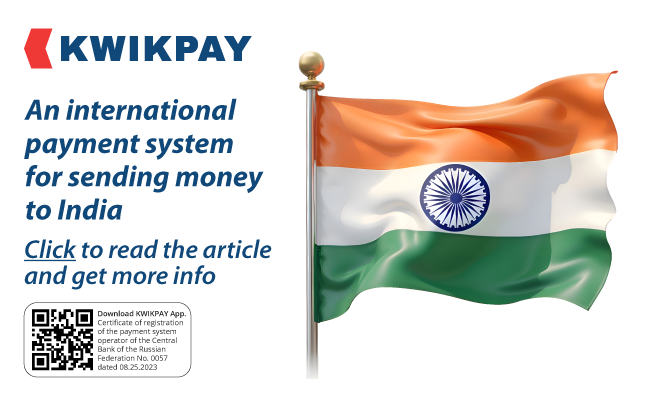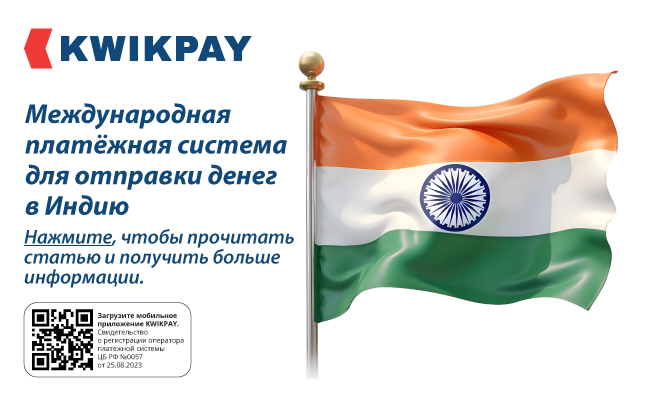






Speaking at the Berlin Global Dialogue in Germany, Goyal stated that while India is actively pursuing trade agreements with multiple partners, including the European Union and the United States, the nation refuses to be pressured into making rushed decisions. "We are in active dialogue with the EU. We are talking to the US, but we do not do deals in a hurry and we do not do deals with deadlines or with a gun to our head," the minister emphasized during the meeting with German business leaders focused on enhancing bilateral commerce and investment.
Goyal stressed that trade agreements must be approached from a long-term strategic perspective rather than immediate expediency. India, he noted, consistently avoids making critical decisions in haste or under momentary pressure. The minister also revealed that India is actively exploring alternative markets to counteract the impact of high tariffs imposed by current trading partners.
When questioned about whether India is securing fair long-term trade deals, Goyal firmly stated that India's choice of trading partners is guided solely by national interest. "I do not think India has ever decided who its friends will be based on any other considerations other than national interest," he asserted, rejecting any external attempts to dictate India's trade relationships. Whether with the EU, Kenya, or any other nation, India maintains its right to make independent decisions based on its own strategic interests, he added.
The minister also pointed to what he perceives as double standards in international trade policy. Citing recent news reports, Goyal noted that Germany is seeking exemptions from US sanctions on oil, while the UK has already secured or is close to obtaining similar exemptions for oil procurement. "So then why single out India," he questioned, highlighting the selective application of trade restrictions.
These comments come at a critical juncture as Washington intensifies pressure on New Delhi to cease crude oil purchases from Russia. On October 22, the United States imposed sanctions on Russia's two largest crude oil producers, Rosneft and Lukoil, prohibiting all American entities and individuals from engaging in business transactions with these companies.
The US has levied 25 percent tariffs on India specifically as punishment for continuing to buy Russian oil. This comes in addition to the existing 25 percent reciprocal tariffs on Indian goods entering American markets. Combined, Indian products now face a steep 50 percent in additional import duties when entering the United States. New Delhi has characterized these tariffs as "unfair, unjustified and unreasonable."
Elaborating on his philosophy toward trade negotiations, Goyal emphasized that countries should avoid viewing trade deals through a short-term lens. "Trade deals are for a longer duration. It is not only about tariffs or access to goods and services, it is also about trust and relationship," he explained. According to the minister, trade agreements in their broader context encompass far more than mere tariff adjustments, yet current discourse remains narrowly focused on immediate tariff concerns.
India and the United States have been engaged in bilateral trade agreement negotiations since March of this year, with five rounds of discussions completed to date. On Thursday, Goyal indicated that negotiations are making progress and expressed optimism that both nations will work toward achieving a fair and equitable agreement in the near term.
An Indian delegation led by Commerce Secretary Rajesh Agrawal traveled to Washington last week for trade discussions with their American counterparts. The three-day negotiation session concluded on October 17. Earlier in February, leaders from both countries instructed their officials to negotiate a proposed Bilateral Trade Agreement (BTA), setting a deadline to finalize the first phase of the agreement by fall 2025. Last month, Goyal personally led an official delegation to New York for additional trade talks.
The negotiations experienced a temporary suspension after the United States announced significant tariffs on Indian goods. Following this pause, Assistant US Trade Representative for South and Central Asia Brendan Lynch met with Indian officials in New Delhi on September 16. During that meeting, both parties committed to pursuing an early and mutually advantageous agreement.
The proposed trade pact aims to more than double bilateral commerce to $500 billion by 2030, up from the current level of $191 billion. The United States has maintained its position as India's largest trading partner for the fourth consecutive year in 2024-25, with bilateral trade reaching $131.84 billion (including $86.5 billion in Indian exports). US trade represents approximately 18 percent of India's total goods exports, 6.22 percent of imports, and 10.73 percent of the country's overall merchandise trade.
According to Commerce Ministry data, India's merchandise exports to the United States fell by 11.93 percent to $5.46 billion in September, directly attributable to the high tariffs imposed by Washington. Conversely, imports from the US increased by 11.78 percent to $3.98 billion during the same month, reflecting the asymmetric impact of the current trade tensions on bilateral commerce flows.